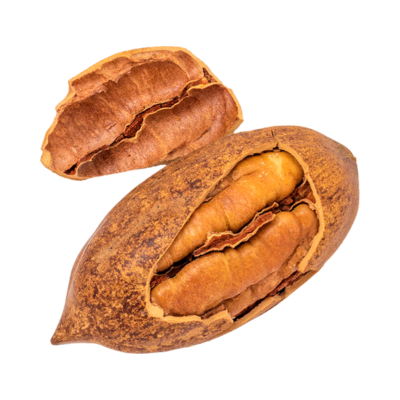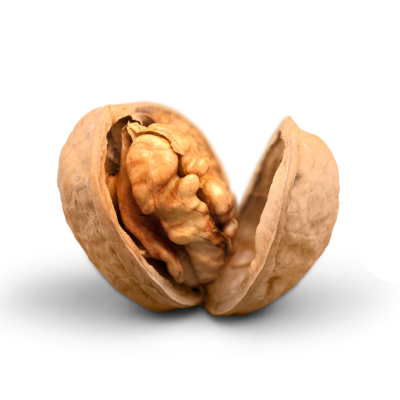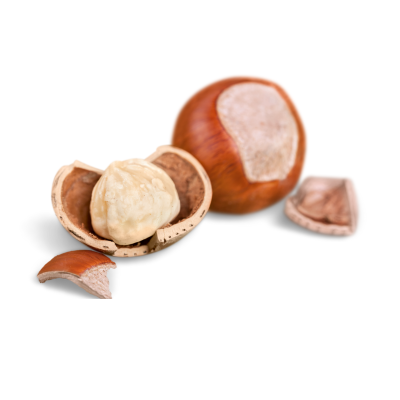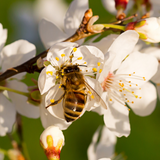Interesting Facts You (Probably) Didn't Know About Nuts
At The Source Bulk Foods, nuts are one of our highest-selling categories. However, I realised how little I knew about the nuts we sell outside of their place in our store and kitchens. When I asked other people, they didn't know, so I took it upon myself to find out more and came up with the following fun facts. Learn these, and I am sure you will wow your friends at the next party :)
1. Cashews grow from a Cashew Apple
This first one blew my mind; the pictures below show how you would find cashews in the wild growing under a fleshy pear-shaped "apple" fruit inside an outer shell. The nut must be picked from the fruit and then removed from the shell, making it very labour intensive. The shell (which we don't see in store) is quite poisonous, can cause itching, and is used in many industrial products and processes.


2. Peanuts Grow all Topsy-Turvy
Peanuts are unique in that the process begins above ground and then moves underground to complete seed formation and ripening. The way it gets underground is pretty cool. Like an ordinary plant, the peanut has leaves on top and roots in the soil. The novel part is that the leaves then grow tendrils that return under the ground, and the peanut shells form at their ends.

Important - it's essential, as many people know, that a peanut (or ground nut) allergy differs from a tree nut allergy.
3. Not all Nuts are Nuts
Technically a nut is a dry fruit that has a single seed, a hard shell, and a protective husk. So a hazelnut, pecan, walnut, and chestnut all grow like that.
A peanut is not a nut; it's a legume. Similarly, cashews, almonds, and pistachios are not actual nuts but drupes, meaning they are fleshy on the outside.



4. Brazil Nuts are a bit radioactive
Technically, all foods are radioactive in small amounts, but Brazil nuts are noted to have higher levels. Don't worry; if you don't eat too many, say 3 - 5 nuts daily, you will be fine. Similarly, Brazil nuts have a high level of selenium, which can cause selenium toxicity, so care should be taken, especially if you are already taking selenium supplements.
Other interesting things about Brazil nuts are that they come from a tree in the Amazon, but most Brazil nuts are grown in Bolivia.
5. Without bees, there would be no Almonds
Did you know that honey bees play a crucial role in producing almonds? Almond trees are unable to pollinate themselves, hence they require the help of honeybees to pollinate flowers and start nut production. During the bloom season, honey bees travel from tree to tree, searching for pollen and nectar, and pollinating almond blossoms. Each pollinated flower will eventually become an almond.
Bee health (and high water usage) is a hot topic when considering the environmental impact of almonds. Specifically, the pesticides used in growing almonds can devastate bee colonies. In the US, bees are transported across the country to California's almond orchards specifically to aid in pollination.

6. Macadamias are the definition of a tough nut to crack
The saying 'that's a tough nut to crack' must have been about Macadamias. It is one of the hardest-shelled nuts in the world. Cracking of the shell is done mechanically by a specially designed macadamia nuts cracking machine. Don't try use your teeth as it requires around 300psi which is a lot!
Important - Do not feed macadamias to dogs! It is unknown which chemical is causing a toxic reaction, but vomiting, fever, and depression have been confirmed in dog behaviors.

7. A Coconut is not a Nut
It's a fruit. But you knew that.

